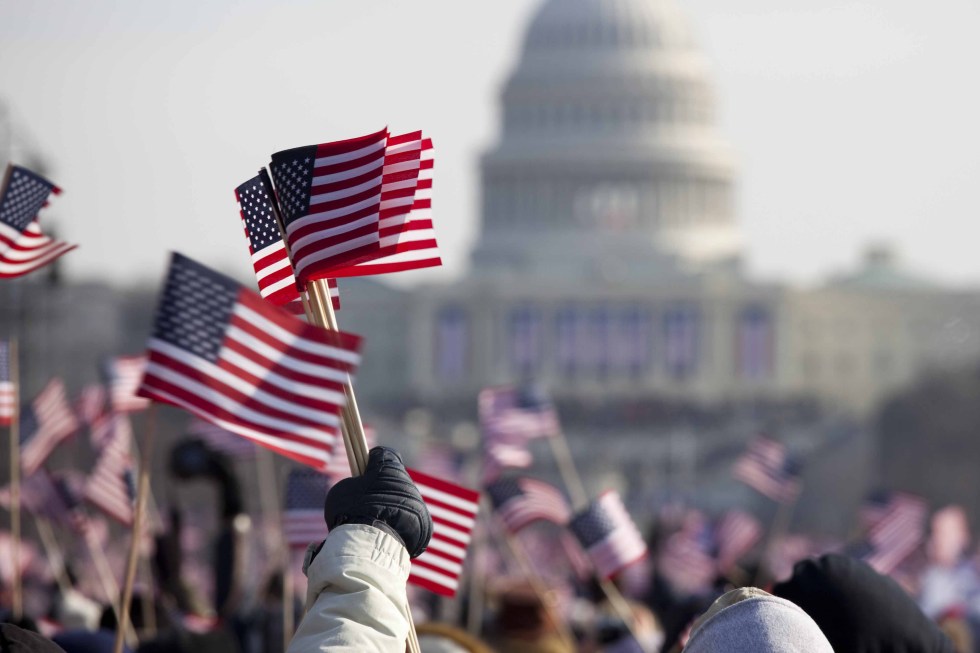As the 2024 US presidential contest approaches, cryptocurrencies are becoming more and more important in the financial scene and a main topic of attention for voters.
A recent Harris Poll on behalf of Grayscale shows public curiosity and investment attitude towards cryptocurrencies, especially Bitcoin, indicating a possible change in election dynamics.
Crypto Acceptance On The Rise
1,768 respondents took an online survey between April 30th and May 2nd highlighting a growing openness to bitcoin investing.
About a third of voters have started to be more open to learning about or investing in cryptocurrencies since the start of the year.
The maturing of Bitcoin as an asset and recent macroeconomic events supporting its credibility and attractiveness help to explain this increasing interest in it.
Source: Grayscale/Harris Poll
The poll also revealed a clear increase in opinion of cryptocurrencies as wise long-term investments. From 18% in November, over 20% of respondents saw cryptocurrencies favourably for long-term benefits now.
This trend captures the general adoption and integration of digital assets into standard financial portfolios.
The political scene reflects this growing interest as Republicans and Democrats share a fair split of crypto ownership.
Regulation And Sentiment Shift
Since voters are evenly divided on which party supports crypto policies, cryptocurrencies have become a bipartisan topic. With this mixed interest, cryptocurrencies could become a uniting theme spanning conventional party boundaries.
Interest has been stoked even more by regulatory developments including the creation of a Bitcoin Exchange-Traded Fund (ETF.). Retiree voters have especially connected with the Bitcoin ETF; approximately 10% of them say they now show more interest in buying Bitcoin or other cryptocurrencies after its approval.
This implies that public opinion about cryptocurrency is much shaped by institutional acceptance and regulatory clarity.
Candidates’ Crypto Stances Emerge
Regarding the contenders’ stances, Donald Trump has freely welcomed cryptocurrencies and included them into his campaign via crypto donations.
On the other hand, current President Joe Biden has been more subdued but has provided some support via legislative initiatives including the FIT21 and SAB 121 proposals.
These different strategies could affect the political scene, particularly if younger voters—who exhibit great interest in cryptocurrencies—go to vote. The growing popularity of cryptocurrencies among voters implies that the approach of the future government on crypto control and policy will be very important.
Candidates’ opinions on digital assets could become a major determinant of voter choices and turnout as the political argument gets more heated.
Once a niche issue, cryptocurrencies are now top priority on the electoral agenda because of their significant influence on the political and financial fabric of the country.
Featured image from EY, chart from TradingView
